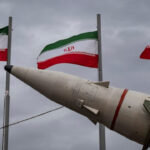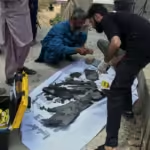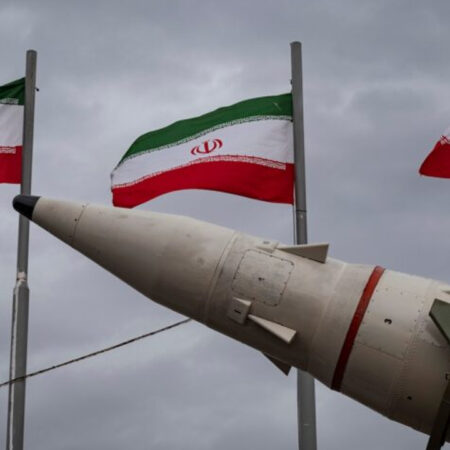The “warlike situation between India and Pakistan” was the reason given by the organizers of Aurat March Karachi on Thursday for delaying this year’s march, which was initially planned for May 11, Mother’s Day.
As part of its “Operation Sindoor,” India launched attacks on many locations in Pakistan on Wednesday evening. There have been 31 civilian deaths and 57 injuries in Pakistan. Pakistan’s military retaliated by destroying an Indian brigade headquarters and checkpoints along the Line of Control, as well as taking down five Indian jets. The DG ISPR reported on Thursday that since last night, 25 Indian drones had been shot down. Flight operations at the airports in Karachi, Lahore, and Sialkot have been momentarily halted due to the escalation.
The organizers of the Aurat March emphasized how marginalized communities, especially women, transgender, and non-binary individuals from working-class origins, are disproportionately affected by such crises.
The message posted on the Aurat March Karachi’s Instagram account stated, “This decision was not made easily or quickly.” “Especially considering how hard we voluntarily work to get people out on the streets throughout the year.”
The organizers pointed out that the very people the march seeks to empower have significant logistical and safety hurdles due to the present political environment. “We must take into account the risks that disproportionately affect those same communities in the current climate: the increased surveillance that always goes hand in hand with national security narratives, the fear of movement, and the potential for violence.”
Crucially, the Karachi Aurat March has been rescheduled rather than canceled. The organizers emphasized, “Our fight continues,” reinforcing the pressing nature of their demands. “The demands we made this year—social security, housing, labor protections, maternal care, access to reproductive healthcare, labor rights, and freedom from violence—remain pressing. These are national issues, and they are not subsidiary to them. And until we are back on the streets, we will continue to organize around them.
“That our state pursue a path of diplomatic resolution and peace” was another additional demand offered by the Aurat March.
The message continued by emphasizing how conflict takes funds and attention away from essential social services.
“War — or even the potential for it — pushes back all struggles for rights, especially the feminist struggle,” the organizers said in the message that went with the photo.
With “feminist pyaar and salam” to everyone who supported this year’s campaign through donations, artwork, advocacy, or solidarity, they declared, “We want to tell you that the feminist work, and the fight for our rights, will not take a back seat as we wait for peace to prevail.”
Since its founding in 2018, the yearly Aurat March has grown to be a pillar of feminist resistance in Pakistan, providing a crucial forum for individuals who are frequently left out of the mainstream conversation.












No Comment! Be the first one.